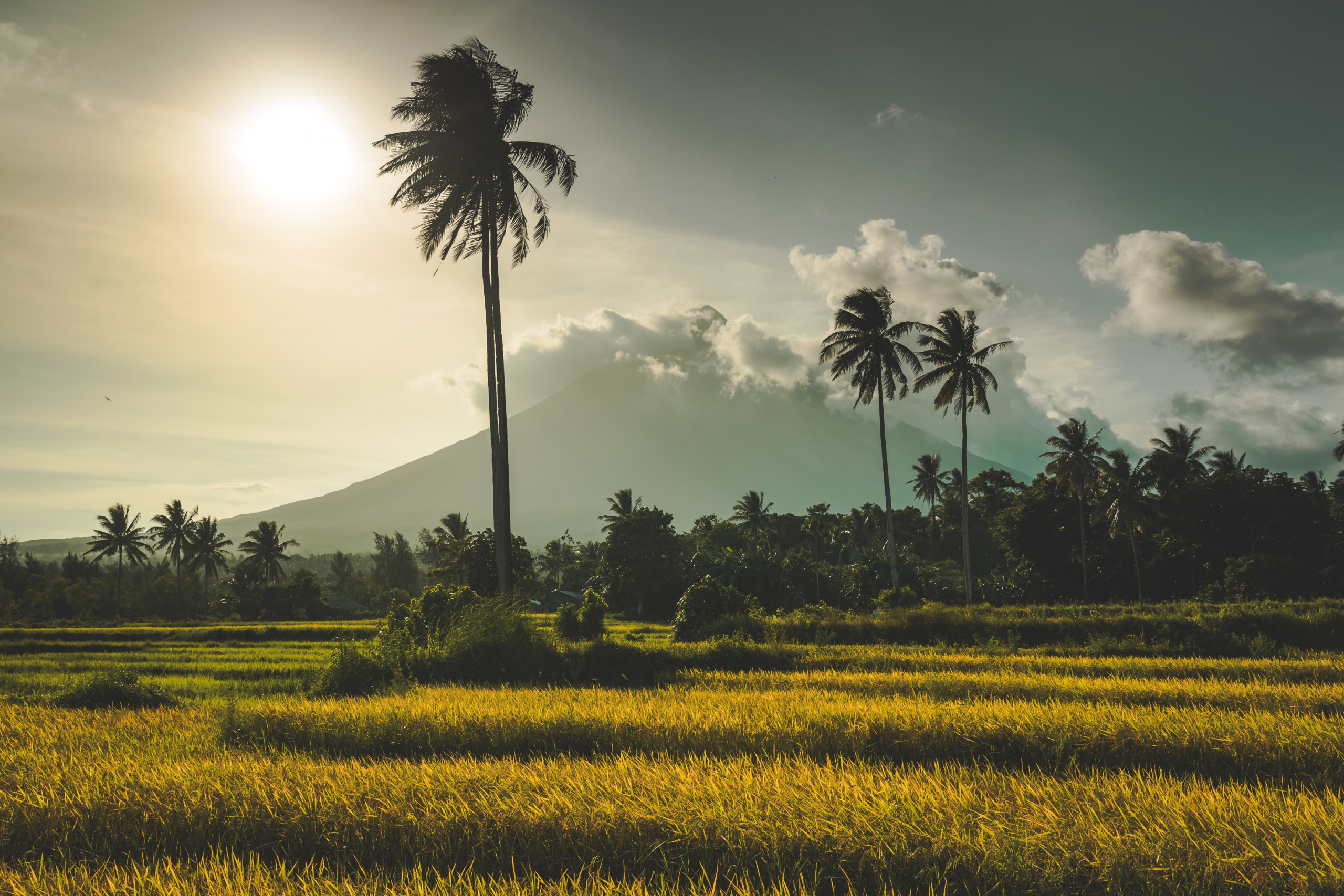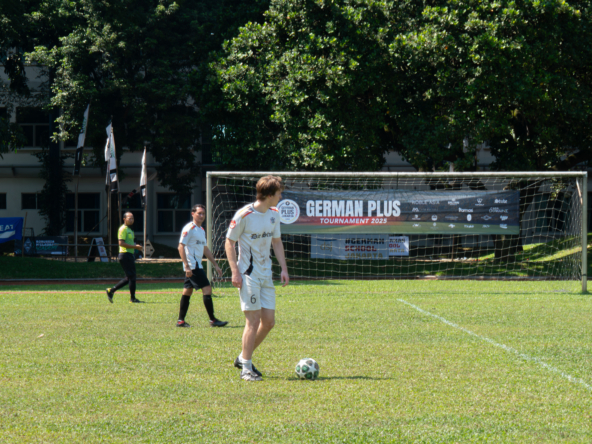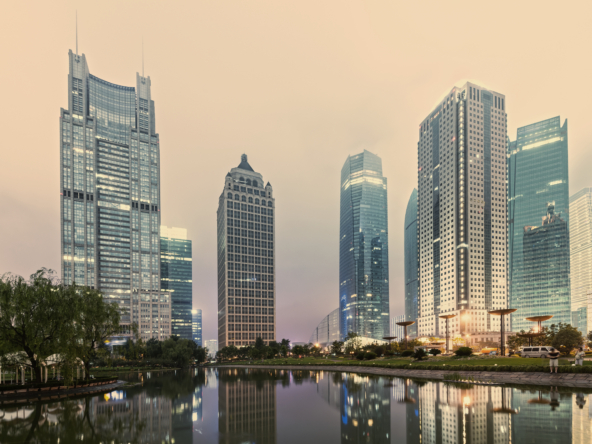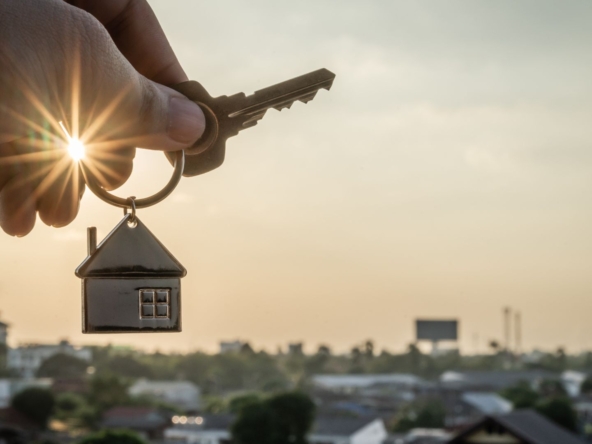Finding Home in Jakarta: A Journey of Cultural Surprises
I left Germany in 2009, and for over 15 years now, Jakarta has been my home—a city where everyday life buzzes with a mix of cultures, traditions, and modern influences. Living here in such a vibrant and dynamic environment has been an incredible experience, full of rewards but also challenges. Jakarta’s busy streets, the constant sound of people chatting, and the blend of old and new – all paint a vivid picture of life in Indonesia. But adjusting to this new world wasn’t always easy.
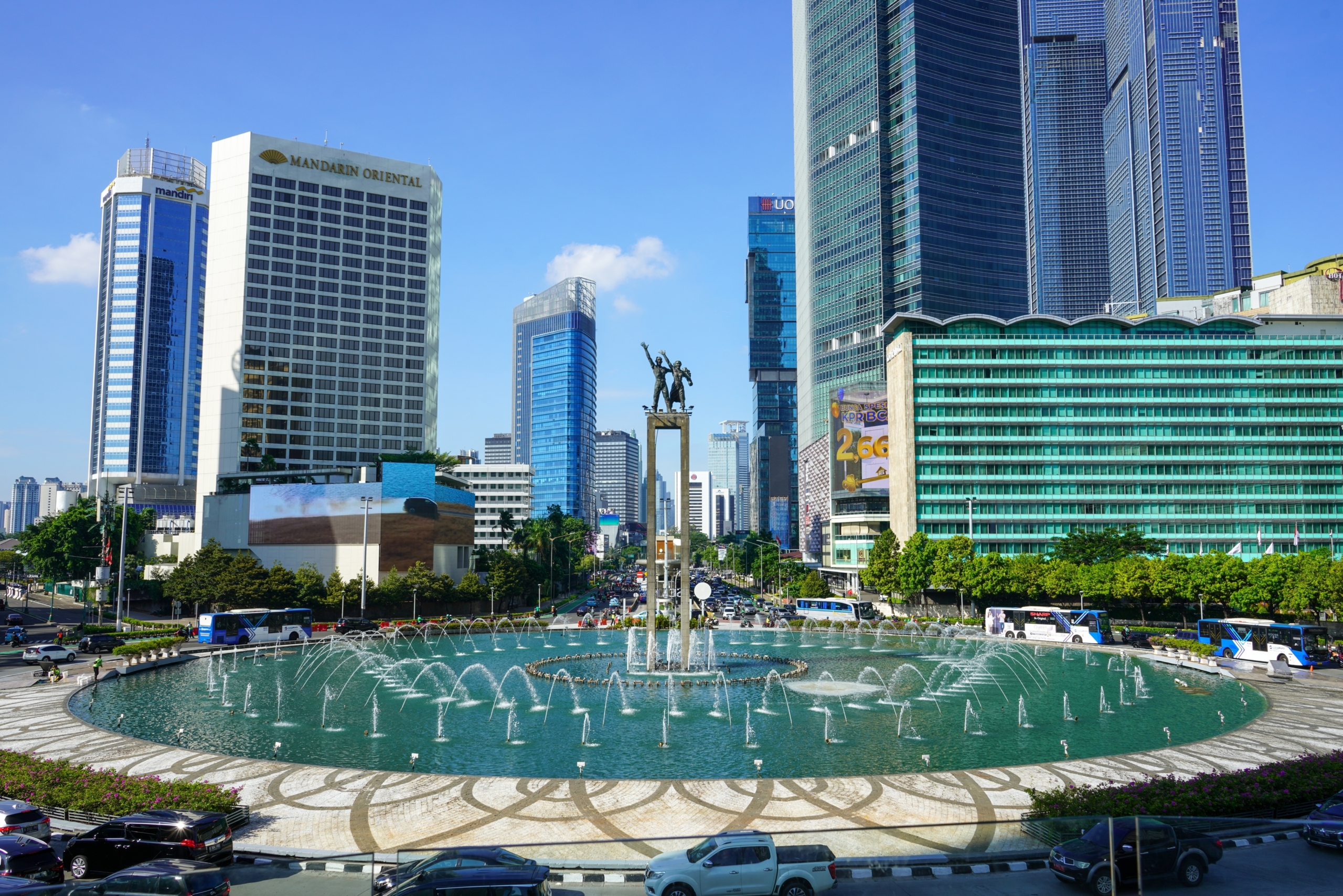
One of the first challenges I faced was understanding how people communicate. In Indonesia, people tend to be indirect and polite, which was very different from the straightforward way I was used to in Germany. At first, this felt confusing, like there was an invisible wall between me and others. But over time, I realized that building strong connections here meant paying close attention to body language and learning to pick up on the hints and subtle messages people were sending. It wasn’t easy, but once I got the hang of it, I felt like I understood people here much better.
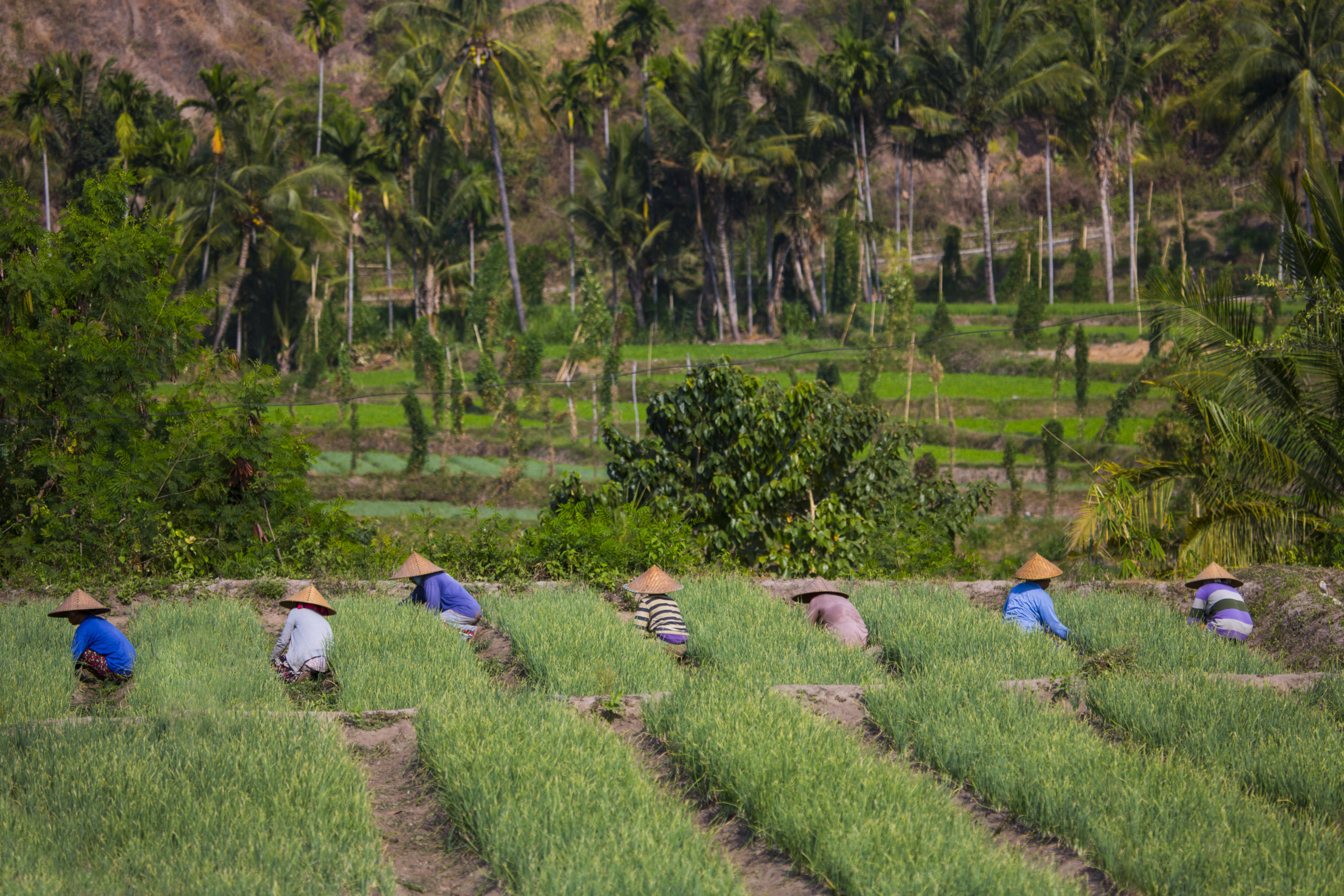
I vividly remember my first few days in Indonesia back in 2009. We arrived in a small village near Cirebon, and every day, people would come to visit our house. They were always smiling, always laughing, and always insisting on taking pictures with me. Even when I went to the supermarket, girls would ask for pictures with me, which was a completely new—and admittedly flattering—experience for me.
On the fifth day, my cousin asked if I wanted to go for a swim. It sounded like the perfect idea. So, he took me on his motorbike, and we ended up at a public pool. As soon as we got there, I was surprised—there were thousands of people everywhere, both inside and outside the building. I started to second-guess my decision, but my cousin looked so proud, I couldn’t back out. It was during Idul Fitri, and all the people we had seen on the journey seemed to have gathered at this one pool. As we walked past the kids’ pool, I started feeling even more unsure. It was packed with parents standing in the water with their kids, barely any space between them. To get to the main pool, we had to squeeze through a crowd of people. When we finally made it, I saw hundreds of people standing on the edge of the pool, feeding these giant fish—fish as big as my leg. The water was so dark, you couldn’t even see the bottom. My cousin pointed to the pool and said, “This is where you should swim.”
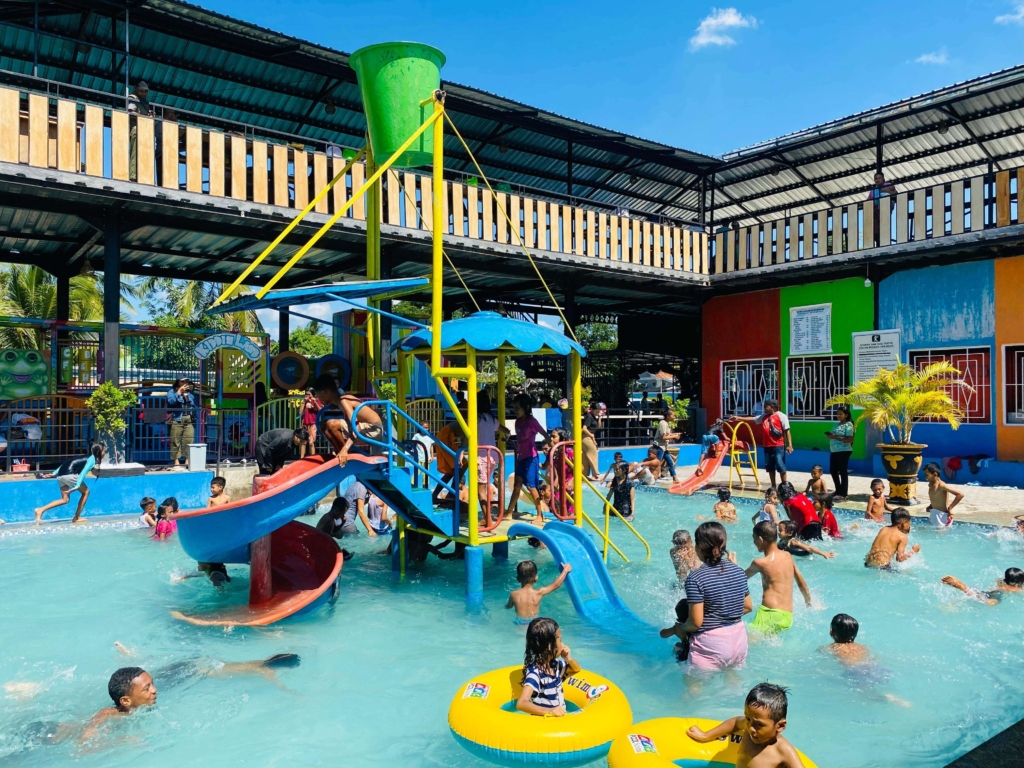
I was shocked. Was he serious? No one was in the water. I didn’t even know if swimming was allowed. But my cousin kept urging me to jump in. Eventually, I took off my shirt and dove in. Instantly, the crowd erupted in cheers and laughter. As I swam my laps through the fish-filled pool, I noticed people gathering around my cousin, proud to tell everyone that I was his family.
That day, become absolute special and rewarding for me. Why? Because laughter connects people. If you can make someone smile, they’ll like you. But if you can make them laugh, they’ll love you. Sharing this crazy story with others, helped me to made a lot of friends.
Adapting to social customs in Jakarta was another big part of my experience. Respect and hierarchy are incredibly important here, and these values influence both personal interactions and professional environments. It starts with the right greeting and the way you greet your opposite mainly depends on the age. If you greet an elder person you bow, and put your forehead to elder hand. At the beginning I had no clue how this whole greeting process worked, so I basically bowed to everyone, even kids. Which was often rewarded with laughter, but showing respect is something really important to build connections. In Indonesia, especially when you’re dealing with a boss or business partner, being liked often counts for more than just performance. The culture here is very personal, and relationships are built through sharing meals, talking, and, of course, laughter.
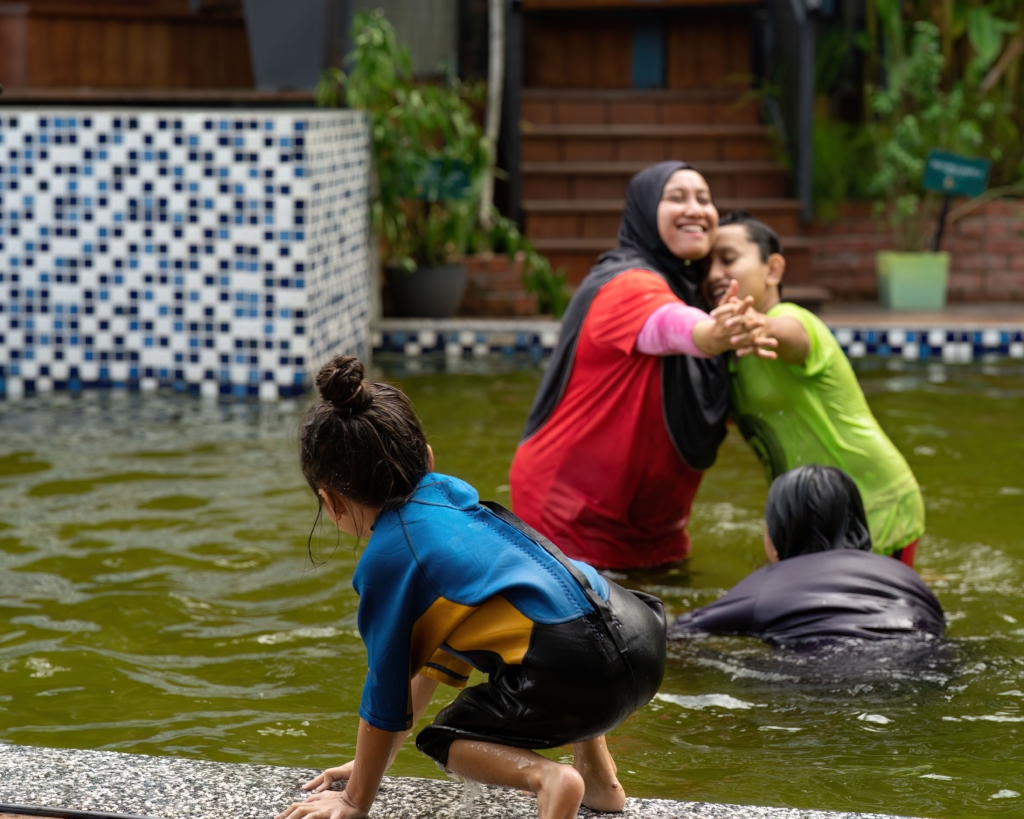

When people ask me why I never left Indonesia, the answer is quite easy. I love Indonesia, and I love the people, I love the culture and I love the respect that you feel anywhere you go. And I feel that it is a wonderful place for my kids to grow up, respecting their parents, respecting their teachers, and any older person they come across.
Returning Home: The Unexpected Reverse Culture Shock
In 2023, after almost 15 years living abroad, I returned to Berlin for four months. I thought it would be a comforting return to the familiar streets of my hometown, but instead, I found myself experiencing something totally unexpected—almost like a reverse culture shock. Even though Berlin was my home, it felt like the city had changed, and honestly, so had I. The subtle shifts in how people lived, the fast-moving tech world, and even just the day-to-day vibe all made me feel like a visitor in a place that was supposed to feel like home.
One of the biggest surprises was how much faster everything seemed. Berlin had always been lively, but now it felt like everyone was in a hurry, rushing from one thing to the next. People seemed more focused on their own tasks, with less of that communal spirit I had gotten used to in Jakarta. It was like being back in a place I knew so well, but suddenly seeing it through completely different eyes. The challenge was figuring out how to bring together the person I had become with the city I used to know so intimately.
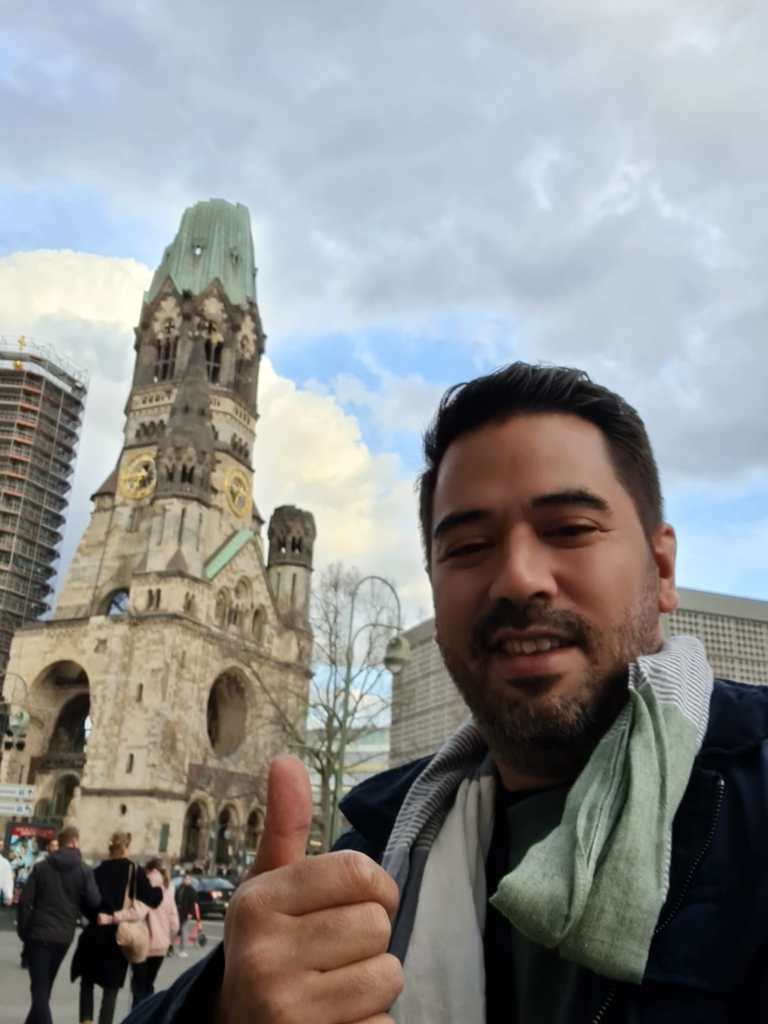
Another thing that really stood out was the way people interacted. In Berlin, everything felt more rude and unfriendly, which was a stark contrast to the more relaxed and respectful interactions I had gotten used to in Jakarta. I found myself having to readjust the way I talked to people, shifting between the direct style of Berlin and the more thoughtful, respectful approach I’d picked up in Indonesia. It wasn’t easy, but it definitely opened my eyes to just how much I had changed. The way people lived, the way they treat each other—it all felt foreign, even though it was home. Adjusting to these changes was like trying to catch up with a world that had turned sour while I was away. It took a lot of curiosity and patience as I tried to blend the habits I had from my time abroad with the new realities of life back in Berlin.
Finding Common Ground: Lessons from a Cross-Cultural Journey
My journey has always been shaped by the mix of cultures I grew up with. I was raised with a blend of Western and Asian influences, and from an early age, I learned that culture could either pull people apart or bring them closer together. I remember family discussions about religion and beliefs—it wasn’t just about different viewpoints, but about how culture shapes the way we see and engage with the world around us.
Those experiences really opened my eyes to how powerful culture is, not as a source of division, but as a bridge to understanding. Instead of seeing cultural differences as something to overcome, I started viewing them as opportunities for growth, learning, and connection. This shift in perspective has been at the core of my work helping expatriates navigate the complexities of life in Jakarta. It’s not just about learning the customs—it’s about understanding what makes those customs so meaningful.
One of the biggest lessons I’ve taken from my journey is that cultural exchange has the power to break down walls between people. When individuals from different backgrounds come together, share their stories, and really listen to one another, something incredible happens. You start to see the world from a new angle, and that’s where the magic is—finding common ground in the most unexpected places.
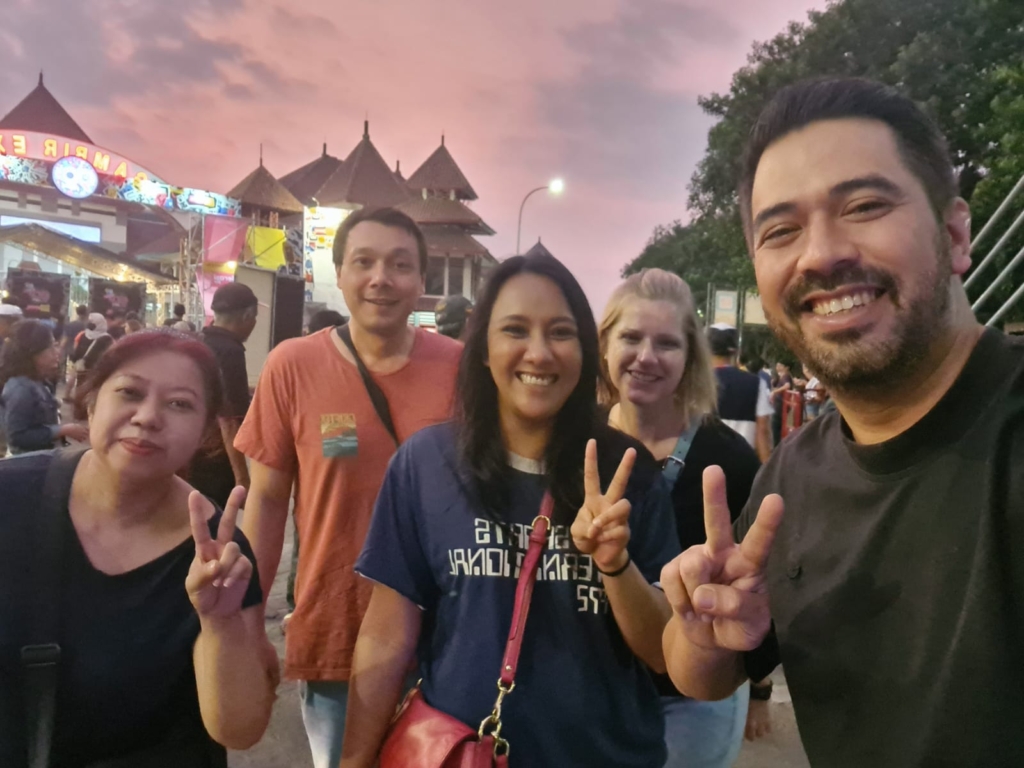
The experiences I’ve had abroad, and especially the reverse culture shock I went through, have really shown me that culture is not something to shy away from. It’s not something to be feared or avoided—it’s something to embrace as a crucial part of what makes us human. The more we understand and appreciate our differences, the more we can build a world that’s truly connected and full of compassion.
As I move forward with my ventures, culture is always at the heart of it all. It’s the thread that links my past, present, and future together—a vision where diversity is celebrated, and culture becomes a bridge, not a barrier. This approach flows into everything I do, whether it’s my work with expats or raising my three boys. I believe that cultural exchange and understanding are the keys to creating deep, meaningful relationships and fostering a real sense of community and connections.
By embracing culture, we’re not only honouring who we are, but we’re also opening up to the richness that the world has to offer. That’s the core of what drives me, both personally and professionally. The challenges, surprises, and lessons along the way have only strengthened my appreciation for the beautiful, diverse cultural mosaic that makes up our global community.
Bridging the Gap: Practical Insights and Reflections
Dealing with cultural differences can feel like a real journey—one that needs a mix of flexibility, understanding, and a good sense of humour. It’s not always easy, but over the years, I’ve picked up some insights that can make navigating cultural challenges a lot smoother:
- Be Open and Flexible: Flexibility is everything when you’re adapting to a new cultural environment. You might have to adjust your expectations and even change the way you behave in certain situations. By being open and ready to bend a little, you’ll find it much easier to build connections and avoid unnecessary friction.
- Look to Understand, Not Judge: Take the time to really learn about the culture of the people around you. What are their values? What’s important to them? By understanding their traditions and social norms, you’ll have way better conversations, and it makes interacting with people feel more natural and respectful.
- Build Real Connections: Genuine relationships take time, effort, and a lot of empathy. Get to know people personally, really listen to what they say, and show respect for where they’re coming from culturally. It’s these real, authentic connections that help break down walls and lead to strong, meaningful collaborations.
- Reflect and Adjust: Every experience teaches you something, and it’s important to stop and reflect on those lessons. How has your worldview changed? How can you adapt to fit better into the cultural landscape you’re in? Constantly reflecting and adjusting will help you grow, both personally and professionally.
- Celebrate Diversity: Don’t just tolerate diversity—celebrate it. The more you embrace the differences in people’s perspectives and experiences, the more you contribute to creating a world that’s inclusive and connected. Diversity is what makes life richer, more interesting, and way more colourful.
Moving Forward: A Shared Journey
Looking back on my experiences living across cultures, one thing stands out: the importance of embracing and celebrating our differences. From my time in Jakarta to the reverse culture shock of returning to Berlin, every step along the way has shaped how I see the world and approach life.
Culture isn’t just something happening in the background—it’s at the heart of how we interact, what we value, and how we understand each other. By being curious, respectful, and open to the differences between us, we can bridge gaps that might seem wide at first and create real, meaningful connections.
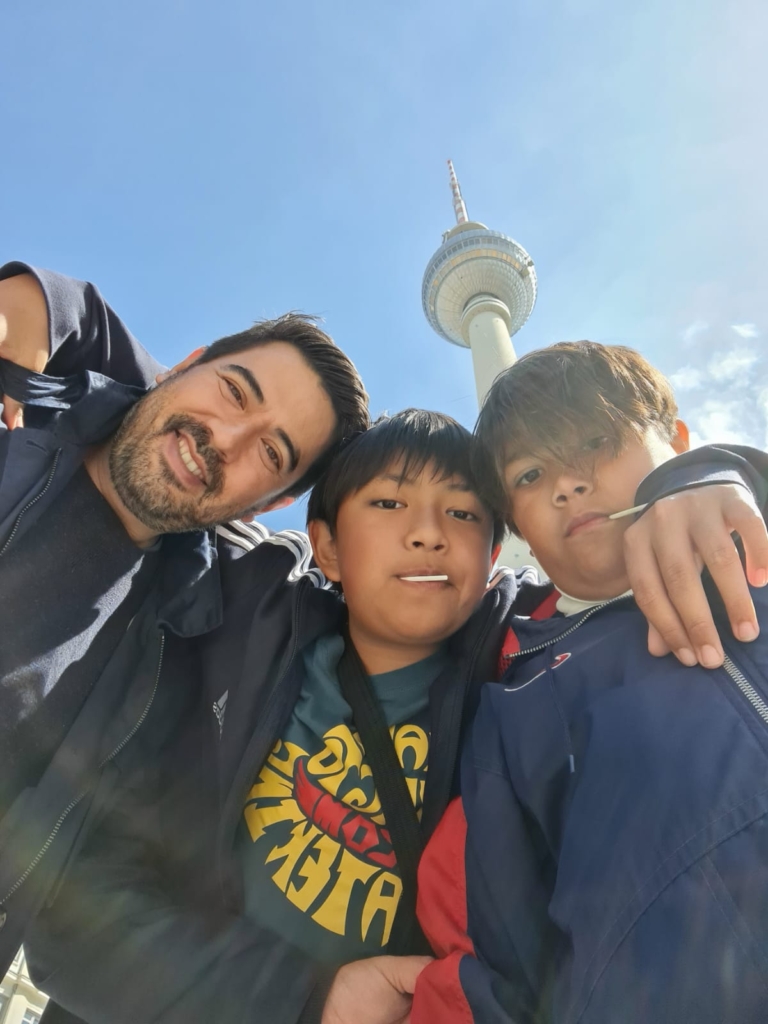
By sharing my journey, I hope to encourage others to see culture as something that unites us, not divides us. Let’s celebrate the diversity of the world we live in and embrace the opportunities that come from learning about and appreciating each other’s unique perspectives. Together, we can make the world a more connected, compassionate, and inclusive place for everyone.
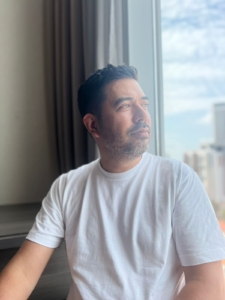
Papa Berlin
Jerome Prijatman or knows as "Papa Berlin" a German-born author with a rich cultural background, having an Indonesian father and a German mother. With over 15 years of living experience in Indonesia, Papa Berlin brings a unique perspective to his writing. His background in hospitality and Design management further enhances his insights, making him a valuable contributor to Noble Asia's content.
